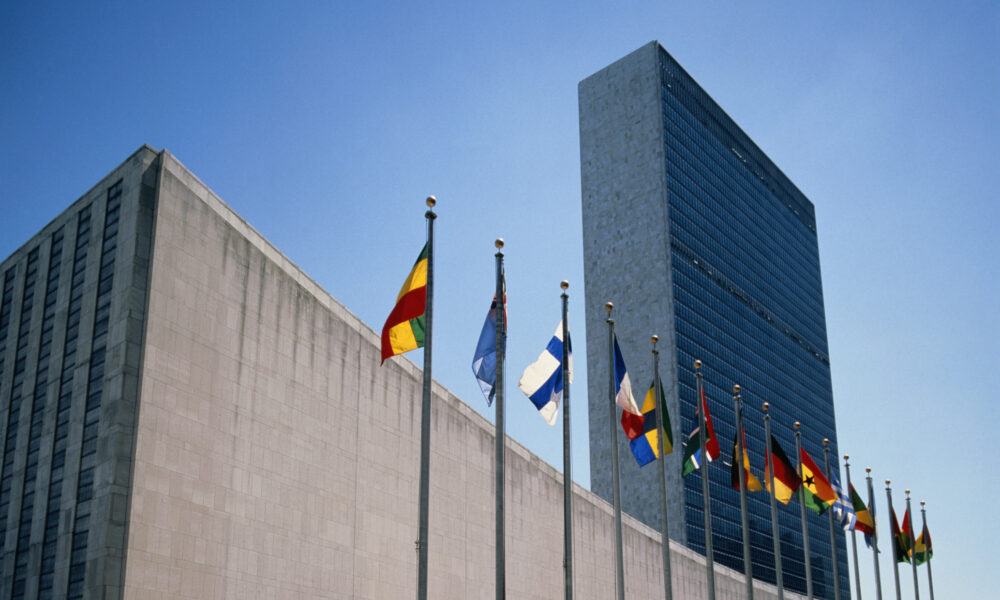 Doug Armand/Getty Images
Doug Armand/Getty Images
scientist engagement
 Doug Armand/Getty Images
Doug Armand/Getty Images
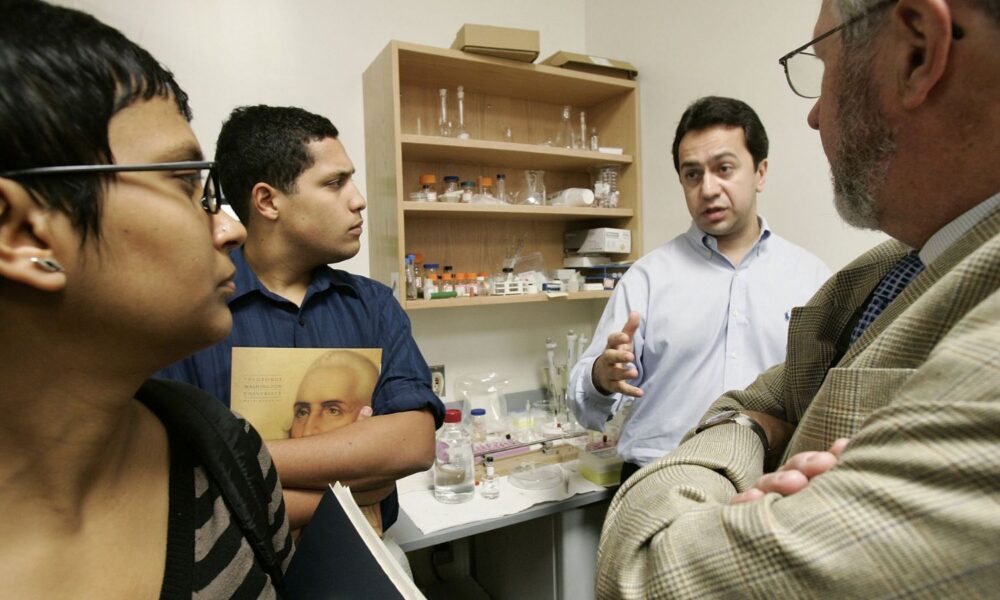 Alex Wong/Getty Images
Alex Wong/Getty Images
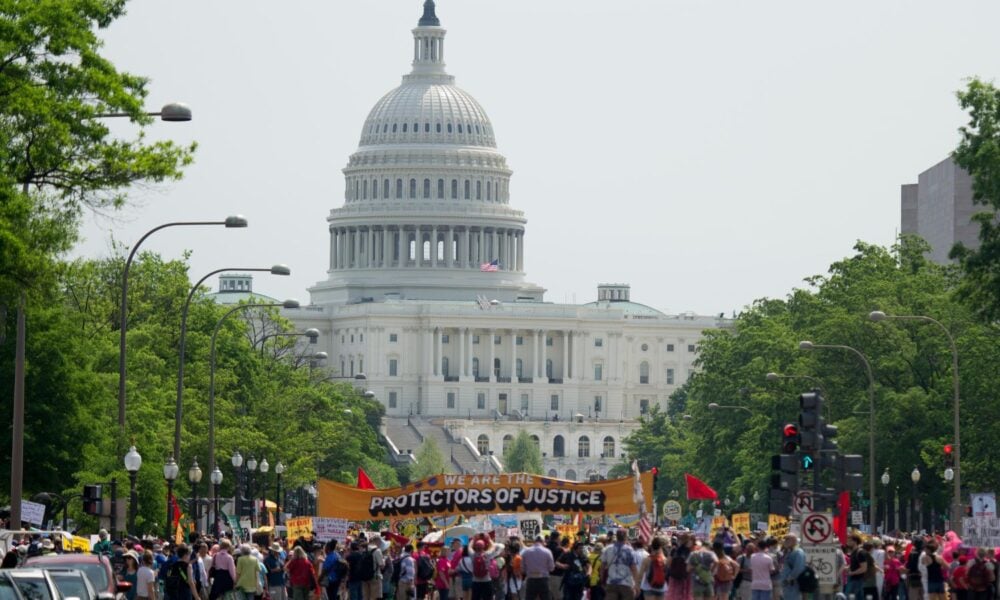 Anthony Eyring/UCS
Anthony Eyring/UCS
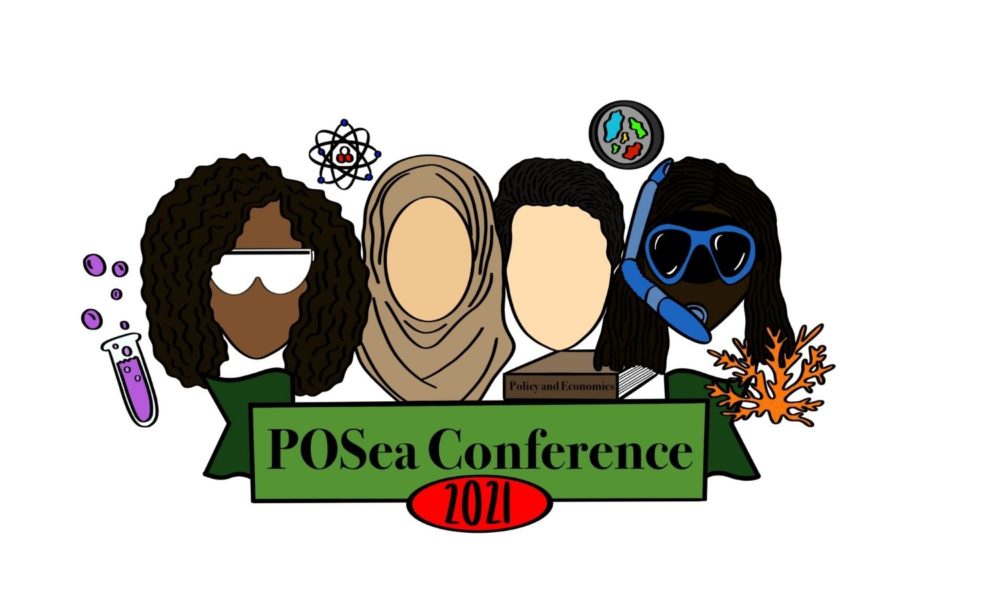
 Abhishek Jacob/Flickr
Abhishek Jacob/Flickr
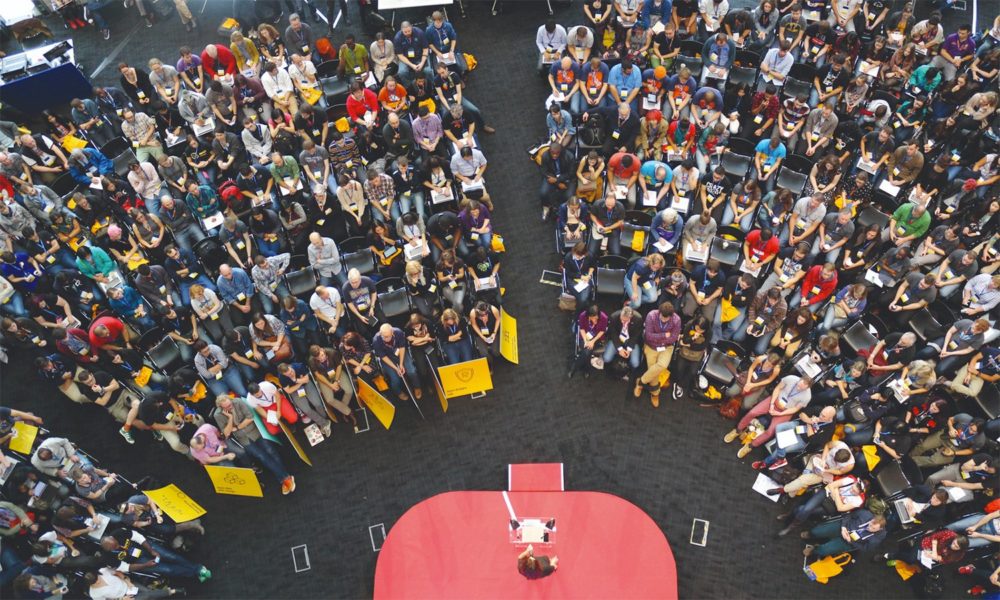 Christos Bacharakis/Flickr
Christos Bacharakis/Flickr
 Eleanor Fort/UCS
Eleanor Fort/UCS
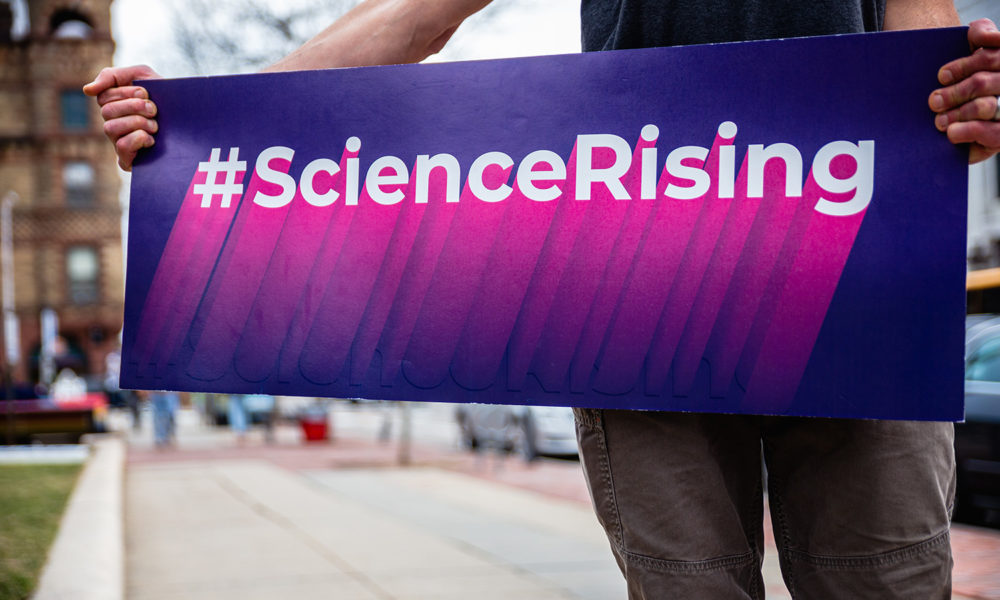 Omari Spears/UCS
Omari Spears/UCS
 Matt Wildbore/Unsplash
Matt Wildbore/Unsplash
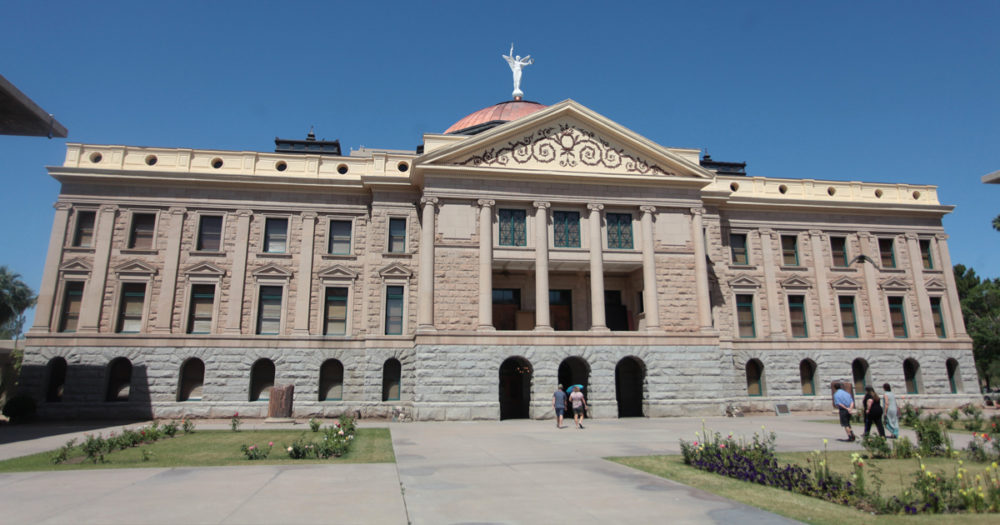 Photo: Gage Skidmore
Photo: Gage Skidmore
 Super Typhoon Yutu as seen from the RAMMB CIRA SLIDER on October 23, 2018
Super Typhoon Yutu as seen from the RAMMB CIRA SLIDER on October 23, 2018
 Mike Olliver/UCS
Mike Olliver/UCS
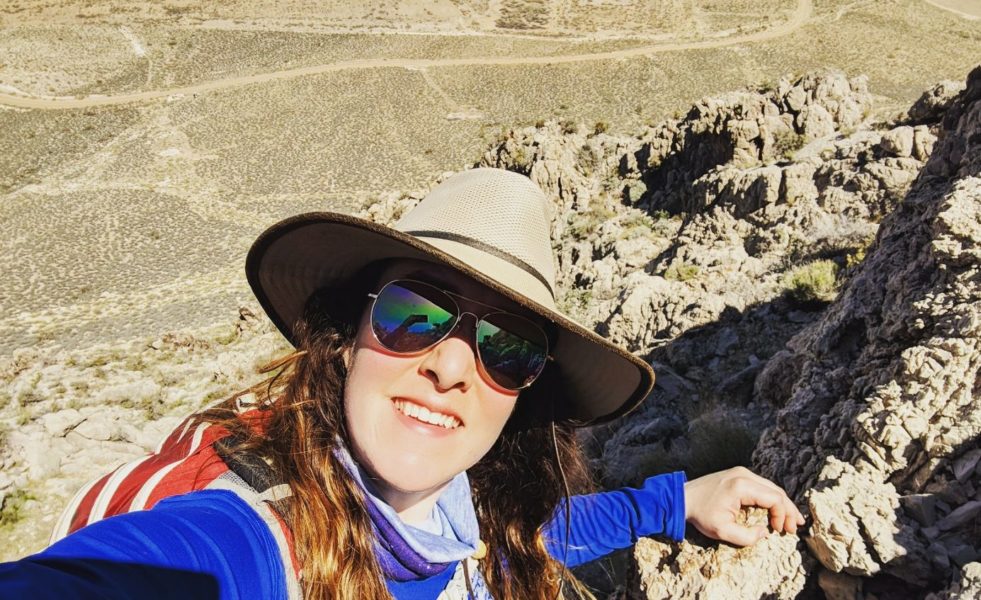
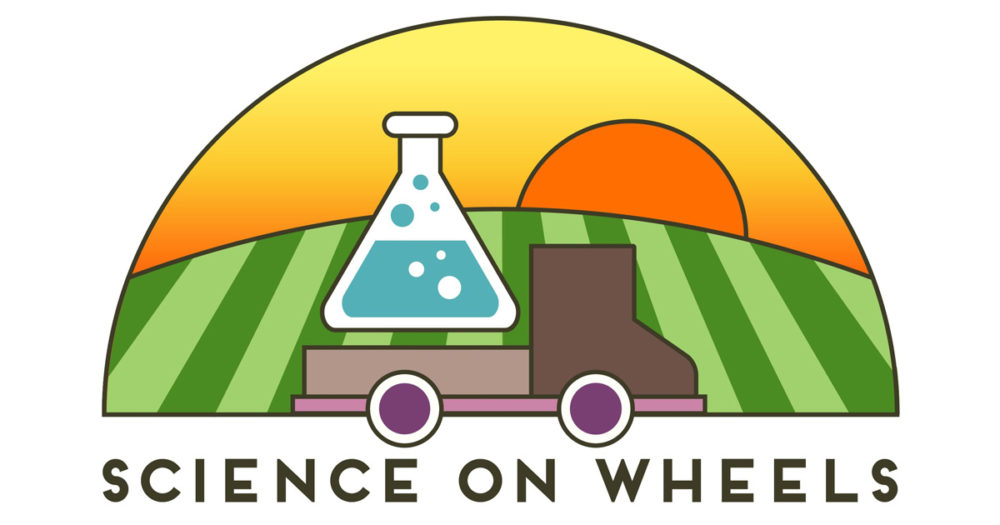

 Alina Chan, Future of Research
Alina Chan, Future of Research
 PHOTO: Brandon Mejia, AZPM
PHOTO: Brandon Mejia, AZPM
 Bigstock
Bigstock
 Gary Peeples/USFWS
Gary Peeples/USFWS
 Introducing the paper airplane toss at the 2016 Ig Nobel Prize Ceremony. Courtesy of Improbable Research.
Introducing the paper airplane toss at the 2016 Ig Nobel Prize Ceremony. Courtesy of Improbable Research.



